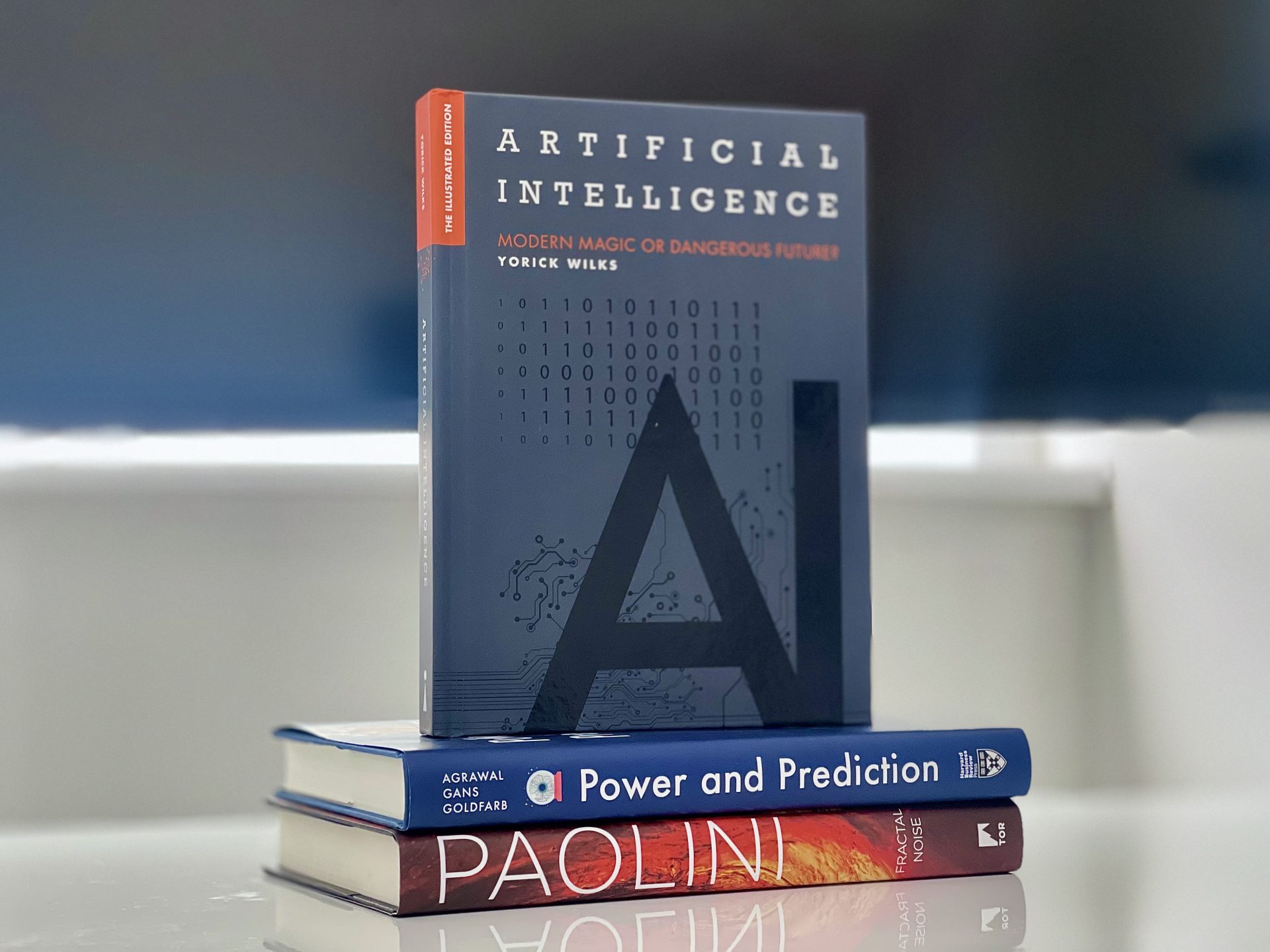Here’s my summer reading list. Two nonfiction books and one science fiction novel. Both nonfiction titles will see me reading about AI through the summer. Why? Because AI innovation is about to change much of society’s fabric in ways comparable to how the internet has. After years of rudimentary and somewhat embarrassing chatbot experiences, artificial intelligence technology is now at an inflection point.
First up will be Artificial Intelligence: Modern Magic or Dangerous Future by Yorick Wilks. First published in 2019. I have, here, the illustrated edition published in 2023 by Icon Books. This beautifully finished hardback comes in full colour. With generous amounts of photographs, illustrations infographics, it really engages and holds attention of visual readers. See photos. I’ll read this first because it slightly and recently predates the explosion of this topic brought on by OpenAI’s ChatGPT.
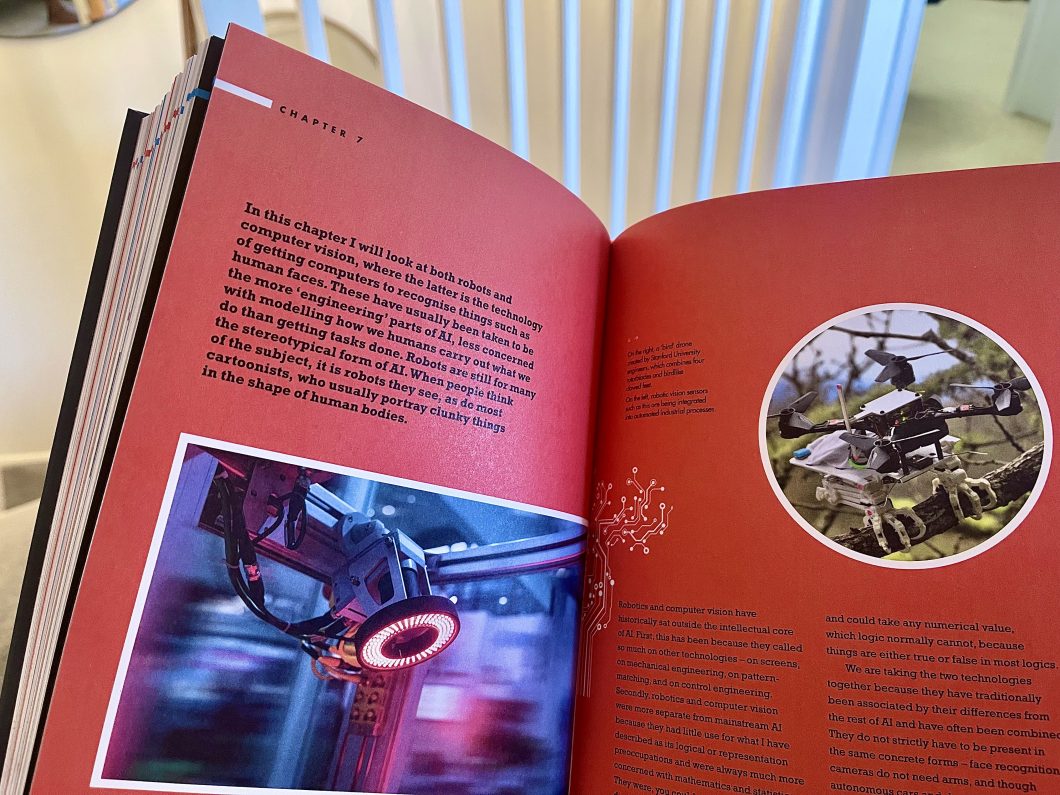
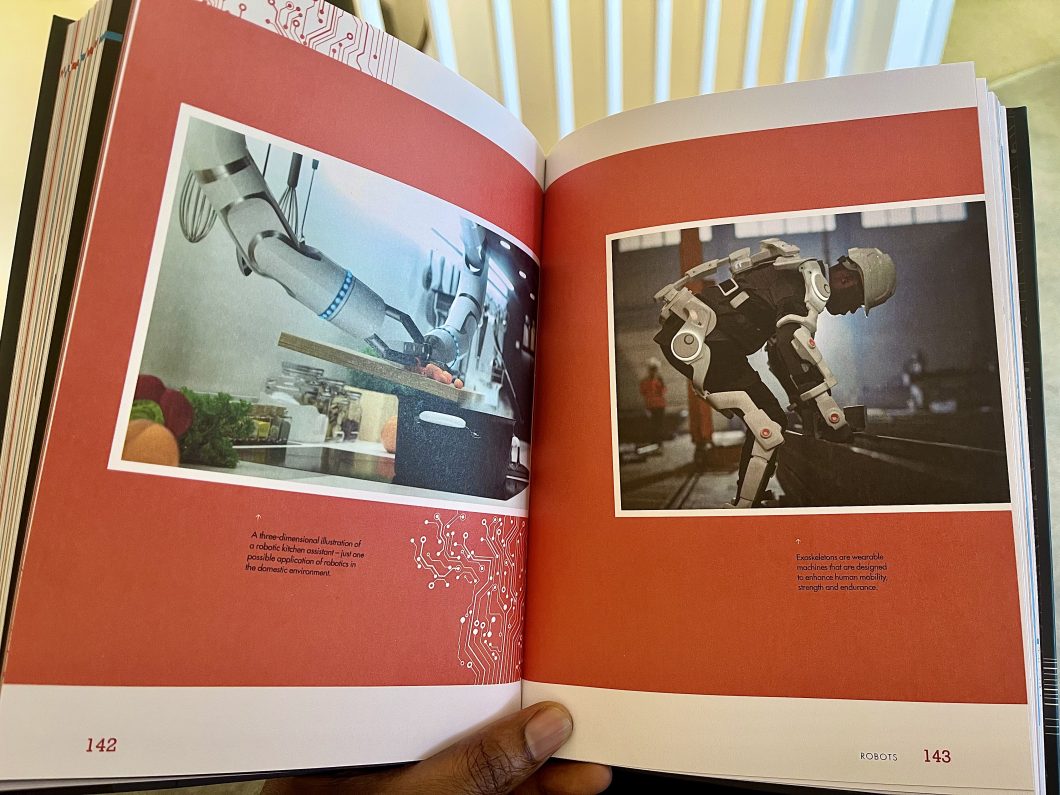
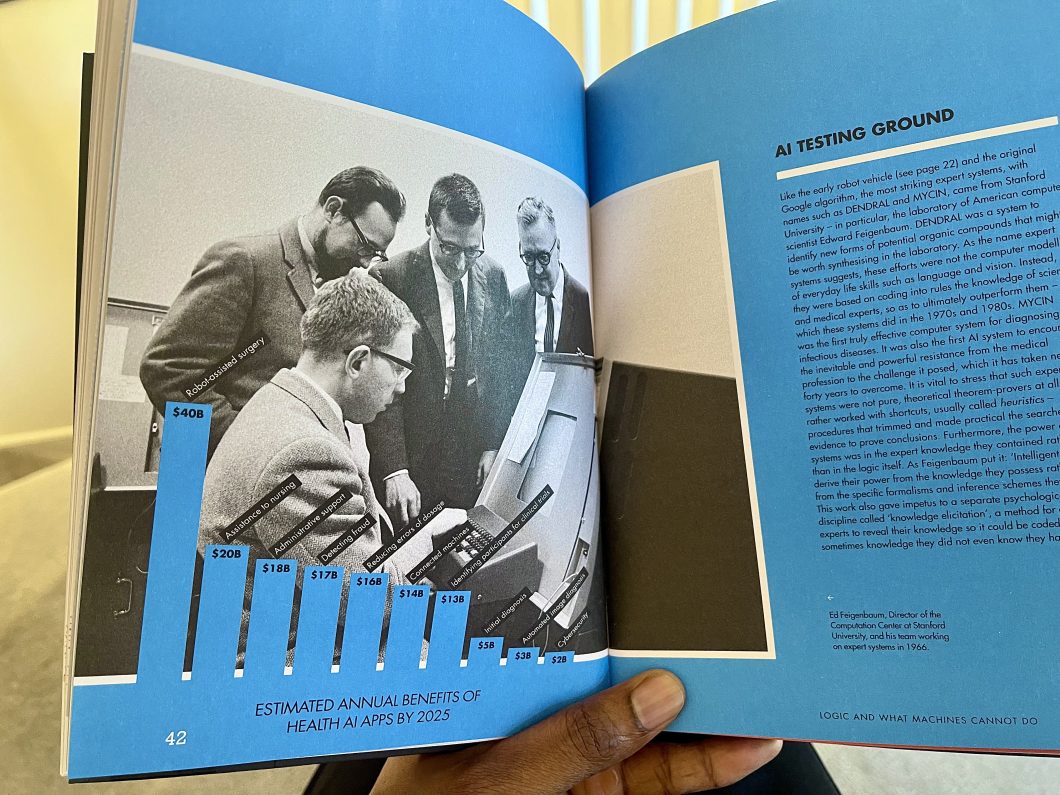
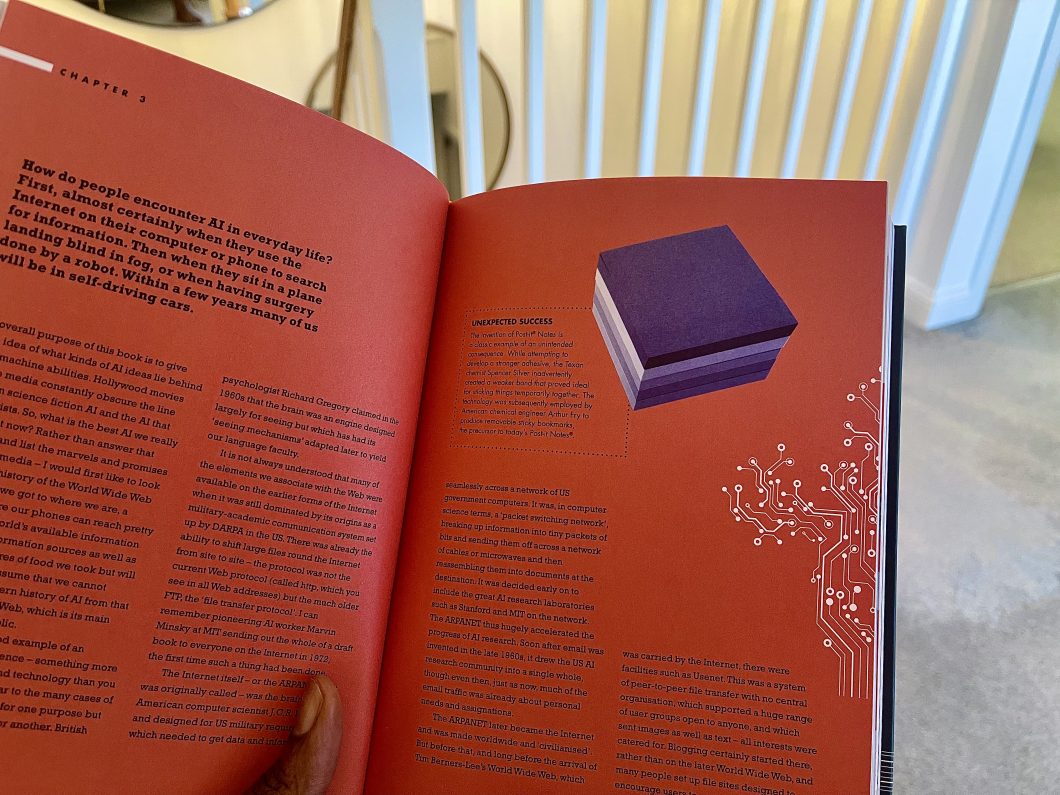
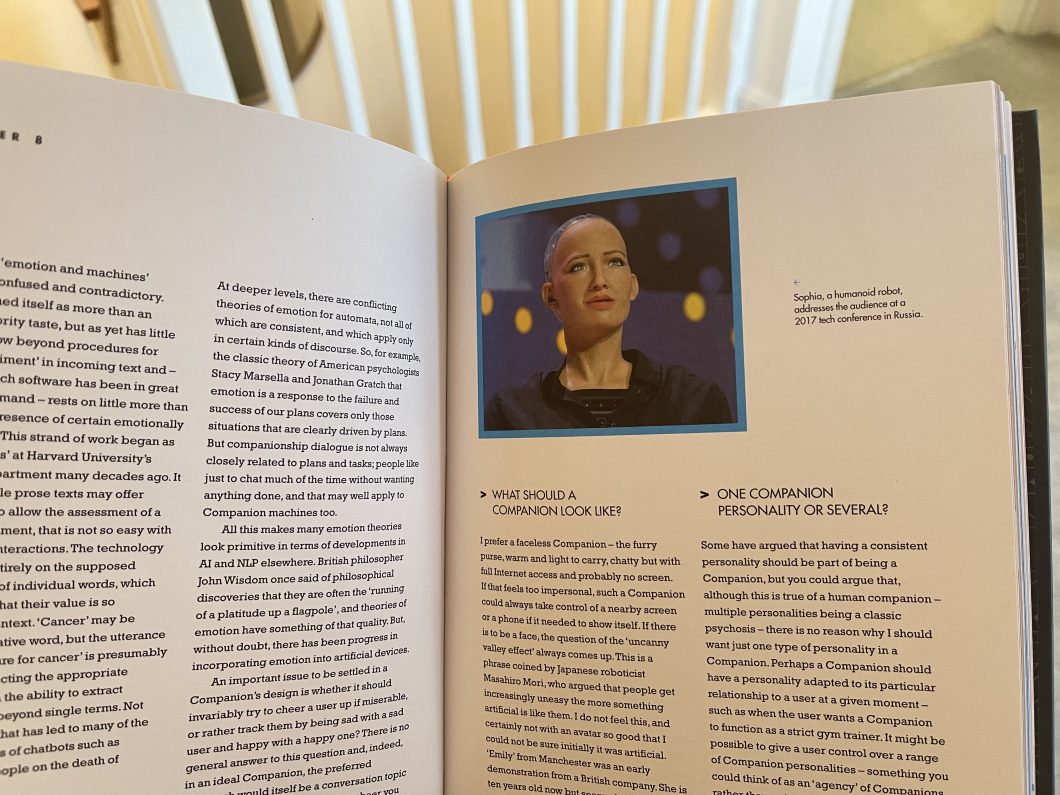
We’ve read and watched fictional stories about the comforts, efficiencies, pitfalls and dangers of artificial intelligence. This book explores key questions about whether machines can really learn. Can they think? If they can and do, should we be worried? In an age where fake news, government surveillance and automated warfare are gaining currency, what sorts of ethical guardrails should we put in place?
The other books on queue are:
Fractal Noise, a deep space science fiction by Christopher Paolini, author of Eragon. It tells the story of humanity’s first discovery of alien intelligence. I’ll normally read two nonfiction books, and as a reward, I’ll read fiction. On this occasion, I’ll read Fractal Noise before the next nonfiction, which is also a book on artificial intelligence.
Power and Prediction: The Disruptive Economics of Artificial Intelligence was released in November 2022. A timely book. Written by Ajay Agrawal, Joshua Gans and Avi Goldfarb. The premise here is that the machines can analyse large sets of data and use its interpretation to ‘see’ the future clear than humans. If this is true, AI-generated predictive models will take off and could radically redesign the future and commerce in ways we are not currently imagining. “Decision-making confers power. In industry, power confers profit. In society, power confers control.”
